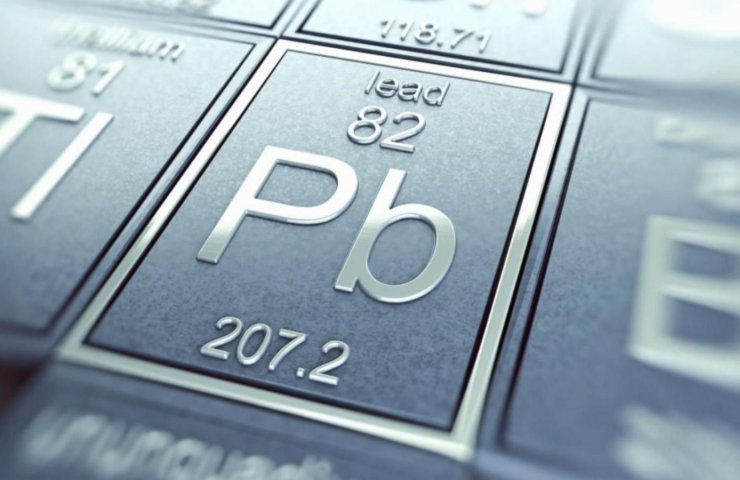Despite the fact that China is the world's largest consumer and producer of lead, recent negative trends have been observed in this area.
With a seventh consecutive month of downturn in China's auto sector, car sales fell 15.8 percent in January, implying weakening market demand for lead used in car batteries.
The International Zinc and Lead Group (ILZSG) estimates that China's lead production fell 3.4 percent last year, the second consecutive year.
Due to the introduction of stricter environmental restrictions, Chinese producers are faced with a decrease in the availability of concentrates for the production of refined lead.
Global lead production grew by only a modest 0.7 percent, and related tensions negatively affected Chinese imports of concentrates.
Imports have been falling for three consecutive years. Their total weight last year amounted to 1.23 million tons, which is 35 percent less than in 2015.
According to ILZSG estimates, last year there was a deficit in the consumption of refined lead in the amount of 98,000 tons in the world market, which is significantly lower than the deficit of 148,000 tons in 2017.
The most recent ILZSG forecast last October, taking into account the increase in Chinese imports, already speaks of a transition to a surplus of 50,000 tons this year.
In January, imports of lead to China amounted to 25,800 tons, which exceeds the total volume of imports of metal for the period 2011-2016.





